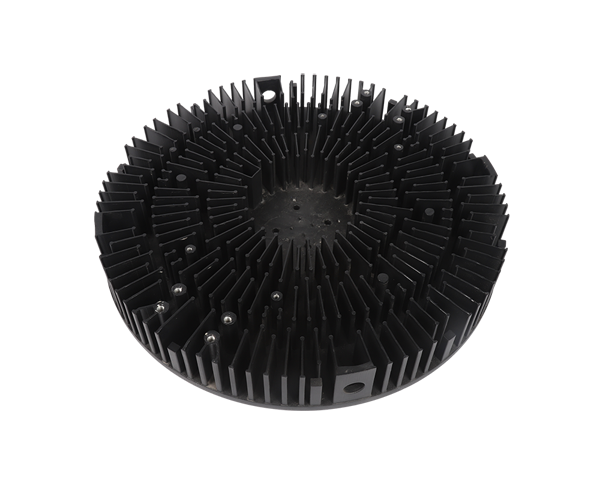
Complex cavity structures in die castings refer to intricate internal or external voids, recesses, or chambers designed to fulfill specific functional requirements, such as weight reduction, fluid flow, or component integration. These structures are ...
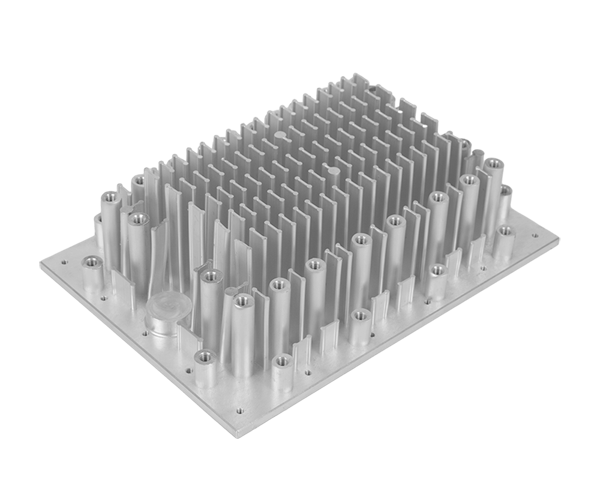
The gate design in die casting is a critical factor that directly influences the quality, efficiency, and cost of the final product. Optimizing the gate design involves carefully selecting its type, size, location, and shape to ensure smooth metal fl...
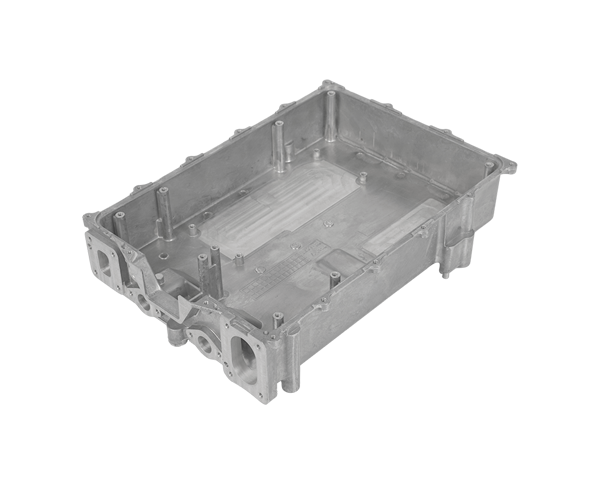
High-pressure die casting equipment selection is a critical decision that directly impacts production efficiency, part quality, and long-term operational costs in die casting operations. The process involves matching machine capabilities with specifi...
Die casting mold temperature control is a critical process parameter that directly influences part quality, mold life, and production efficiency in die casting. Maintaining precise and uniform mold temperatures ensures proper filling of molten metal,...
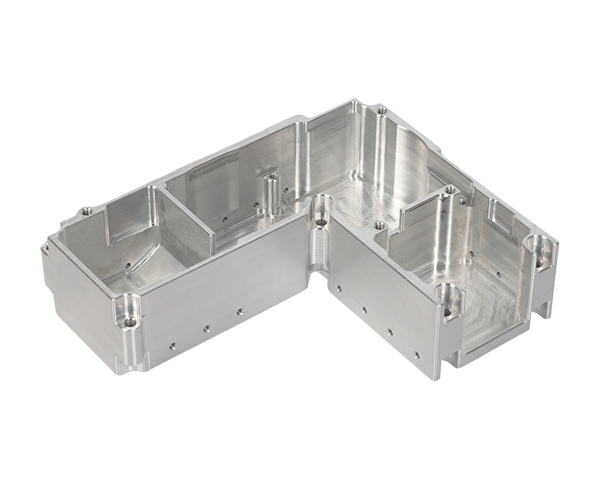
The simulation of die casting filling path is a advanced engineering technique that uses computational fluid dynamics (CFD) and finite element analysis (FEA) to model the flow of molten metal through the mold cavity, predicting potential defects and ...
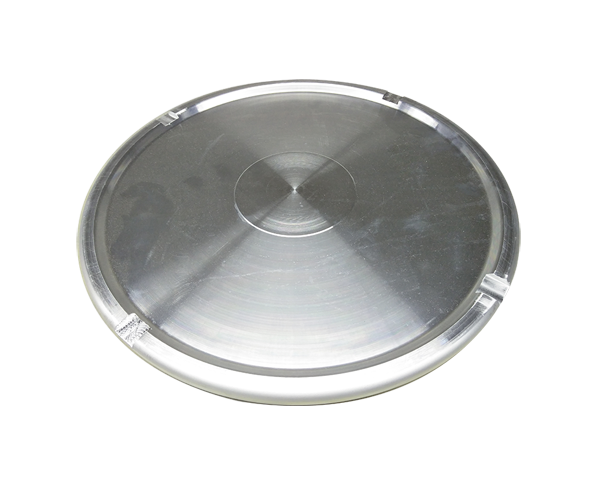
Hardness requirements for die castings are specified based on their intended application, as this property directly influences wear resistance, durability, and performance under mechanical stress. Hardness is defined as a material’s ability to resist...
